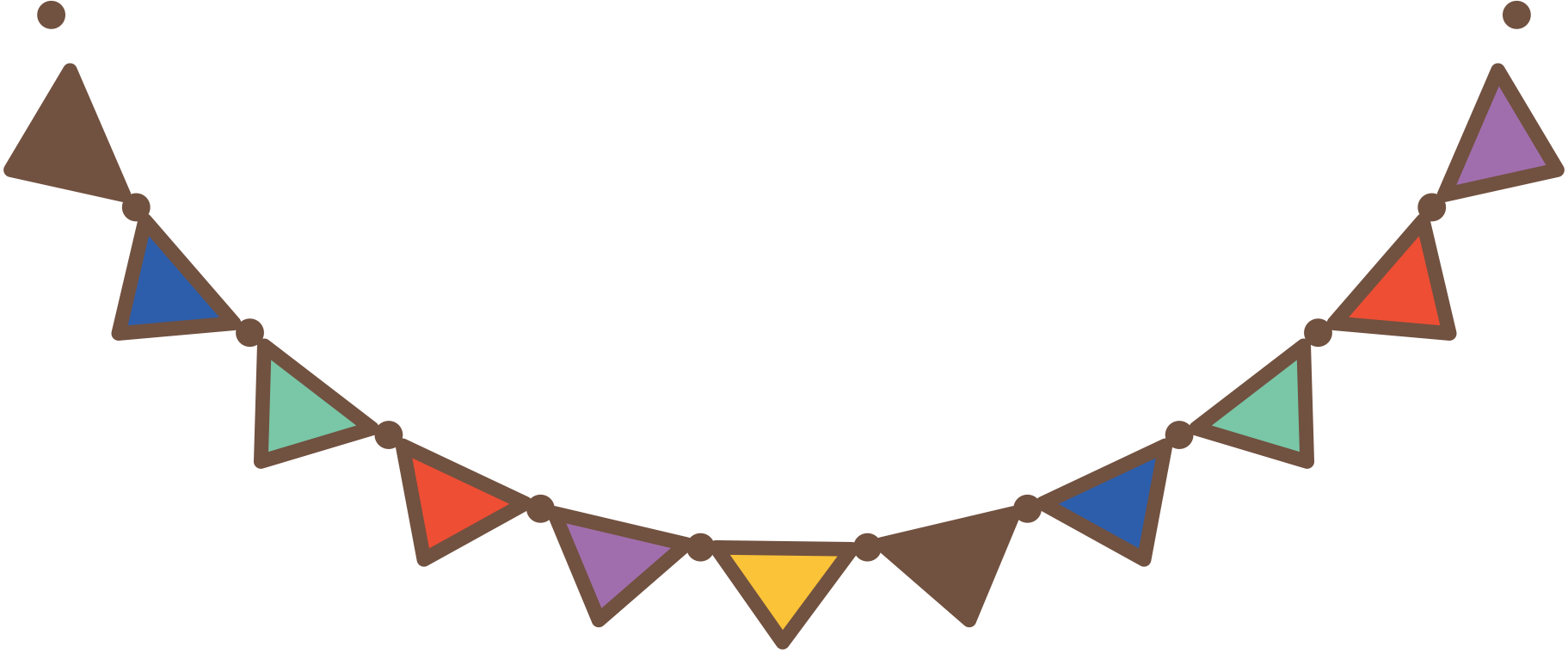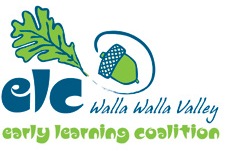Project Overview

A Collaborative Data Project between the Walla Walla Valley Early Learning Coalition and Whitman College
Project Participants:
Eiledon McClellan
Program Director, Walla Walla Valley Early Learning Coalition
Samantha Bowen
Director of Early Learning & Family Engagement, Walla Walla Public Schools
Michelle Janning
Professor of Sociology, Whitman College
Cailín Bloom
Whitman College Sociology Major
Julia Hess
Whitman College Sociology Major
February - December 2020
WHAT (and WHERE)
The Walla Walla Cares for Kids Data Project focuses on Walla Walla County children from birth to age five, the age group of focus for projects meant to assess and enhance opportunities for early learning. The project’s goal is to provide a comprehensive overview of early learning in the county for early learning practitioners, families, schools, employers, policy makers, and any other group who makes decisions and allocates resources that are meant to enhance well-being for our valley’s children and families. The project includes attention to areas where the community is strong and where improvement may be needed. Any data selected for use in the project has been vetted by practitioners and social scientists as meaningful, reputable, measurable, trackable over time, local, and accessible.
This report presents the project overview, definitions of the topics in the framework, explanations of the indicators and data subsumed under each topic, and information about ongoing evaluation of the data to inform the Valley about the state of child and family well-being.
Aside from a Community Overview that provides a demographic summary of the context in which the Walla Walla Valley’s children and families live, five topics make up the ingredients of child and family well-being in the project framework:
Early Learning Workforce
Early Learning Experiences
Child and Family Health
Workplace and Employee Impact
Family and Household Makeup
Subsumed under each of the topics are carefully selected indicators. The goal of the project is to include six indicators for each topic, for a total of 30 indicators. However, some topics include fewer than six indicators because the data does not yet exist that may best help tell the story of that topic of child and family well-being. For those, future recommended data collection efforts are detailed.
For each indicator, the most meaningful, reputable, measurable, trackable, local, and accessible data is presented. In addition to presenting data for these indicators of child and family well-being, the project sets up a system for ongoing benchmarking and data evaluation for each topic. By doing this, the ELC and partners can assess how child and family well-being is doing along each topic over time.
WHY
This data project aims to improve the availability of early learning data, an area in which Walla Walla was previously lacking in the National League of Cities framework “Early Learning Communities: Building Blocks for Success” (https://www.nlc.org/wp-content/uploads/2020/10/Building-Blocks-for-Success-April2017.pdf).
If communities have access to good data and choose meaningful indicators, organizations and community members will be better informed while making decisions and allocating resources toward early learning, and will be better equipped to see the connectedness of early learning impacts with other community entities. Supporting early learning in the Walla Walla community, in part through the communication and evaluation of data, is important because early learning has a significant impact on the overall health and well-being of the community.
The data project aims to showcase these impacts and connections comprehensively, by focusing on early learning data related to health, family makeup, early learning experiences, the early learning workforce, and workplace and employee impact (the five topics in the framework). Diverse stakeholders are impacted by the quality of early learning resources and robust resources in this area are essential for Walla Walla County to thrive. One key resource that undergirds productive dialogue and allocation of resources for community well-being is good data.
WHO
The Walla Walla Cares for Kids Data Project was conducted through a partnership between the Walla Walla Valley Early Learning Coalition (ELC) and Whitman College Sociology from February to December 2020. The authors of this report represent these two groups. The data project was funded by the Whitman College Mellon Community Engaged Learning and Research Initiative, a fund that supports the development of reciprocal relationships and engagement between the Walla Walla community partners and Whitman College.
This project is part of ongoing efforts by the ELC with the National League of Cities to fulfill the “building blocks” model, which includes ensuring meaningful data collection and reporting to local stakeholders and families in order to drive change. Initial planning for the project included consultation with the City of Walla Walla, Community Council, and the ELC Advisory, Governance, and Leadership Teams. These groups consist of individuals from dozens of local organizations dedicated to child and family well-being in the Walla Walla Valley. Additional consultation occurred with the Port of Walla Walla and the Eastern Washington University Institute of Public Policy and Economic Analysis, which resulted in the Walla Walla Trends website adding two indicators about early learning. This addition can provide more information about early learning factors in relation to other community-level indicators in an accessible way (http://wallawallatrends.org/category.cfm?id=2).
HOW
Constructing a sufficiently succinct but comprehensive framework and set of indicators involved a rigorous set of conversations, academic and practitioner report reading, data analysis, and consultation with experts in the field of early learning.
The data project began in February with the creation of the project framework. Through consultative meetings with the City of Walla Walla and Community Council, a survey gathering input from the ELC Advisory team, and numerous meetings and brainstorming sessions, the framework and topics were solidified and indicators that best capture child and family well-being were included.
Once the framework was finalized, the most recent and useful data was collected and solicited from existing national, state, and local sources. In some cases, there was no data available. In order to deal with this, some indicators were created as part of new local data collection efforts (for example, a fall 2020 ELC Child Care Survey), or noted as pending as the ELC and other groups work toward gathering useful data in the future. In this sense, the data project also includes aspirational indicators for which data does not currently exist. These are included with the intention to locate or collect that data in the future.
Justifications were also written for each indicator to provide context for why they are an important measure of early learning. The data project is meant to be shared on the ELC’s website and the graphics were done by a local graphic designer. Alongside the website design, a proposed process and timeline for updating the data project, both in terms of updating data and the reevaluation of indicators in the future, was drafted so that this data project can continue to be a community resource for years to come.
WHEN
The data project was conducted between February and December 2020. COVID-19 dramatically changed the landscape of early learning for families in Walla Walla and across the world, and it changed how we approached our project. The pandemic changed many of the processes associated with the project, although the goals noted earlier were still met. No data was possible to collect from local families in person, most of the project planning and collaborative meetings were held virtually, and there were some delays associated with pandemic-related stresses (including child care, paid employment, and school disruptions experienced by members of the project team). For example, the National Association for the Education of Young Children estimates that the number of child care providers in the U.S. that will close as a result of the pandemic is between 25-55%.
Because of the very real challenges associated with the COVID-19 pandemic, the events of 2020 provided a three-fold opportunity for the Walla Walla Cares for Kids Data Project:
-
First, the Walla Walla Valley is more focused than ever before on the importance of early learning, most specifically in terms of access to child care for working parents, thus making this project stand out as even more important.
-
Second, we employed data collection instruments for any new data (namely, the 2020 ELC Child Care Survey) that did not rely on in-person conversations and that could be easily replicated in the future.
-
Third, creating a project during massive social and economic disruption and challenges meant that the project has built-in flexibility with an eye toward continued revision, something that any project that needs to capture up-to-date information should be able to do even when a community is not experiencing drastic changes.
